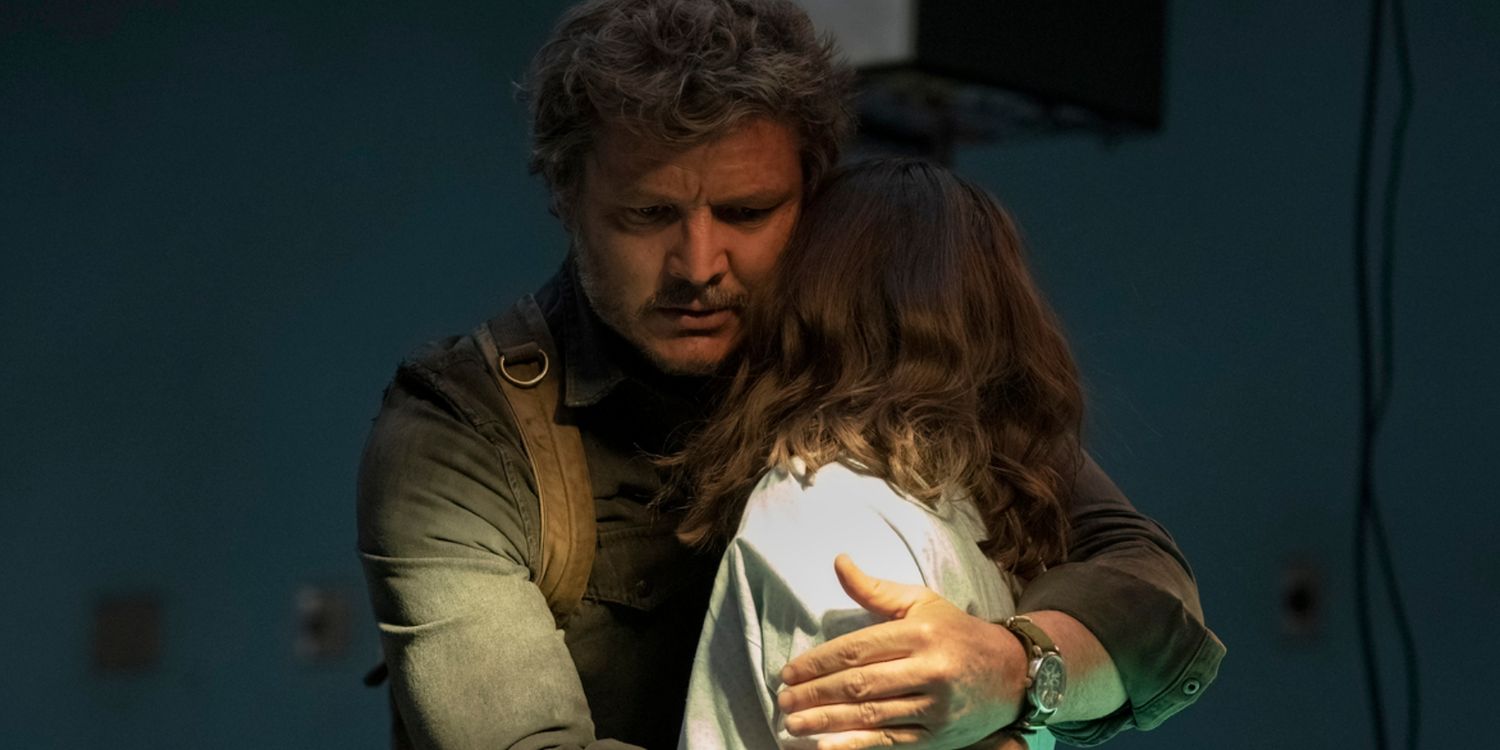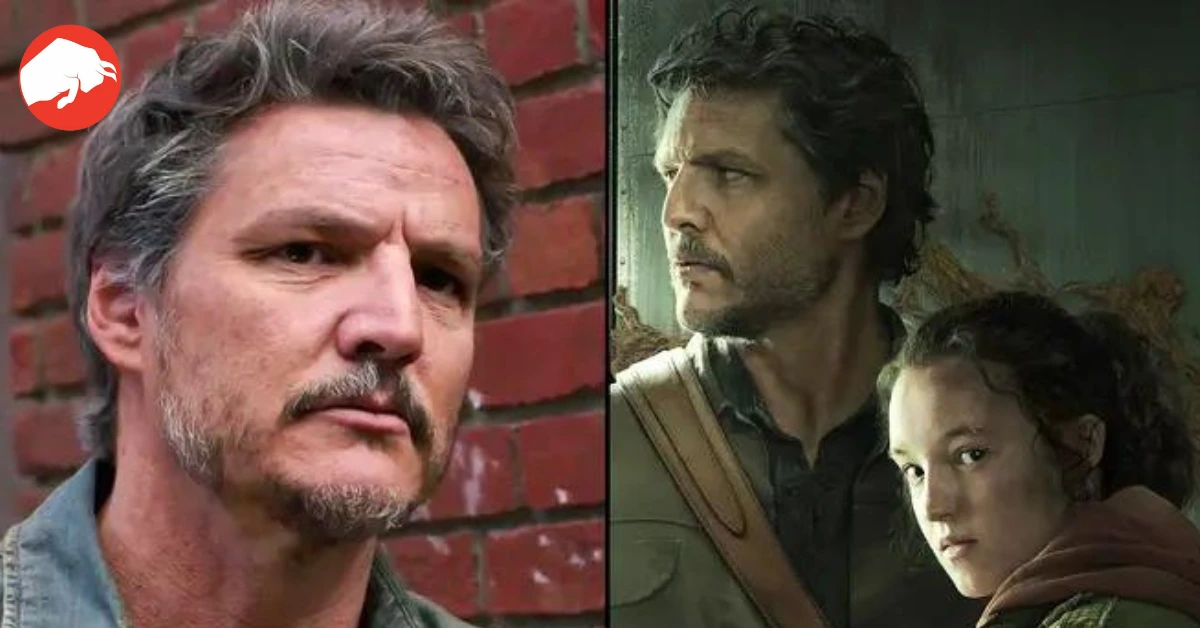Joel, Ellie, and the Heart-Wrenching Choices of The Last of Us
In the treacherous world of HBO’s “The Last of Us,” choices define characters and the narrative they weave. From the first game, Joel’s (Pedro Pascal) heart-wrenching decision at the facility highlights the complexities of human emotion. Risking it all, he rescues Ellie (Bella Ramsey) when he realizes that the Fireflies intend to kill her for a potential cure. Joel’s actions, driven by the fear of losing another child, rob Ellie of her agency in the grander scheme of things.
“Unable to lose another kid, Joel puts Ellie above all else, though his actions also take away Ellie’s ability to choose a fate.”

But it’s not just about the choice itself; it’s also about the subsequent deception. Joel lies to Ellie, a fact revealed early in “The Last of Us Part II” when Joel confesses his actions to Tommy.
The Shift in Dynamics and The Quest for Revenge
While the bond between Joel and Ellie forms the heart of the original game, their relationship undergoes significant strain in the sequel. Ellie, now aware of Joel’s deception and its implications, is distant. Matters take a dark turn when Abby, an ex-Firefly, kills Joel in retribution. This act sets off a chain of events, pushing Ellie on a dangerous journey of vengeance.
“In turn, Abby’s actions prompt a revenge-obsessed Ellie to leave the relative safety of Jackson, Wyoming for the militia-controlled streets of Seattle.”
The Last of Us Part II: Diverting from the Cure Arc

Though the sequel starts with Joel’s confession, it veers away from the cure narrative, focusing instead on the ramifications of revenge. This divergence leaves Ellie grappling with a profound internal conflict – her inability to forgive Joel. While Ellie’s sense of identity remains linked to her immunity, the game pushes this aspect to the background.
“Ellie can’t forgive Joel — he took Ellie’s agency and, by extension, the meaning in her immunity.”
However, as the narrative unfolds, Ellie’s journey becomes increasingly harrowing, culminating in a life-altering decision eerily reminiscent of Joel’s own choices.
Re-centering on the Cure in Season 2

“The Last of Us Part II” might revolve around the emotional and psychological toll of revenge, but there’s a compelling case for the HBO series not to abandon the cure arc. If the focus remains solely on vengeance, it sidelines a significant narrative thread from the first season – Ellie’s unique immunity and the potential hope she represents.
“Given that Joel and Ellie’s season 1 mission revolves around getting her to the people who will create a cure, it would feel strange to drop that notion completely in a sophomore season.”
As fans speculate on the trajectory of season 2, one thing is clear: reintroducing the quest for a cure would provide Ellie with a renewed sense of purpose and align the story more closely with its roots. Whether HBO chooses to follow the game’s narrative or craft a new storyline remains to be seen, but the intrigue around Ellie’s immunity, especially hinted at by the season 1 finale, promises a riveting journey ahead.









